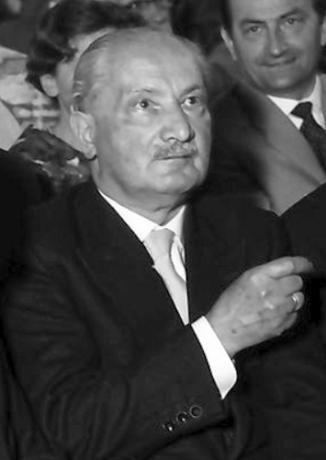Despite those who say that there is no philosophy of language in Plato, it is necessary to understand what is called Philosophy.
For Plato, Philosophy is and always will be the search for knowledge and not merely a certain knowledge that is condensed into a fixed and immutable doctrine. Thus, it is possible to speak of a Philosophy of Language in Plato, even though it is a question of knowing, in this author, how the names were created.
What does it mean to speak? What does talking mean? What is the relationship between the names we speak and the beings we understand through them? In the dialogue “Cratylus”, Plato raises the question about the constitution, function and use of names, checking the possibility of a certain correction. Are the names a pure effect of agreement and convention, or is there a natural, and therefore correct, way of naming things correctly?
According to the conventionalist version, names are creations of human will. Thus, each person can name things as he sees fit, with no necessary relationship between name and being (whether it is a thing, object or action). This position takes us to an extreme relativism, for if names are used to instruct us, distinguishing things and informing each other, communication and understanding become impossible. However, it is possible to think that for each being or action there is a suitable instrument. For example, to cut something, we don't do it with what suits us, but with the natural way of doing it and with the right instrument to cut it. So it is with piercing, burning, etc. It is always done according to natural imperatives and not according to one's fantasy. Thus, speaking, which is also an action, should be in the natural form and the appropriate instrument for it.
The instrument of speaking is the name. However, not everyone speaks correctly. Otherwise, there would be no false speaking. The name, therefore, has a way of being, of representing the object, characterizing its value of truth or falsehood. So also speech, which is composed of name, depends on applying true names to be true speech, or using false names to be false. But is it possible to make false names? What would that be? How to show that it is possible to speak false?
Do not stop now... There's more after the advertising ;)
To escape this form of relativism, Plato understands that names actually correspond to things, as they are a kind of imitation of beings. However, like every imitation, that is, not being a perfect copy (which would imply being two things and not a model and a copy) must be based on the essential characters or qualities to be imitated, without which the name would become imperfect. The natural way of making names, therefore, must take into account the knowledge of the model, that is, of the being, in order to imitate. This constitution is made by the law or by the legislator (nomothet) who is accompanied by the dialectic (one who knows how to ask and also answer), thus ensuring not a perfect constitution of the name, but an imitation that approximates the maximum and the best for the understanding of the reality.
Thus, neither conventionalism nor naturalism. Man must first know beings (ontology) and then name them. It seems controversial, but relying on names to know beings can lead to mistakes and illusions, since imitation is not always perfect. Nor should imitation be avoided, since it seems to be the only way to dialectically construct reality. The dialectician seeks settled convention.
By João Francisco P. Cabral
Brazil School Collaborator
Graduated in Philosophy from the Federal University of Uberlândia - UFU
Master's student in Philosophy at the State University of Campinas - UNICAMP
Philosophy - Brazil School

